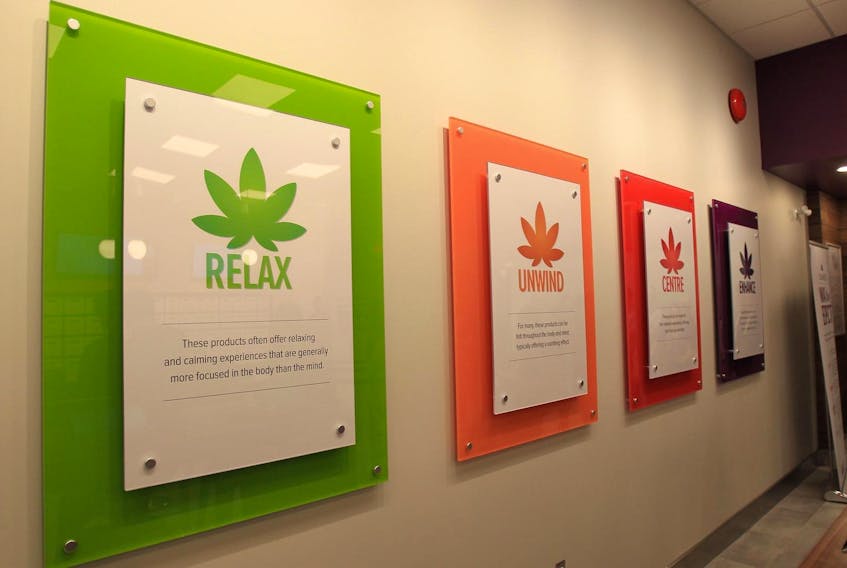OTTAWA, Ont. — Canada’s legal pot shops are concentrated in the country’s poorest neighbourhoods, according to the findings of a new study that raises important questions about the conduct of the nation’s experiment in legalized cannabis.
The peer-reviewed study, published in the online access journal, CMAJ Open, plotted the country’s 260 cannabis retail stores and assessed the income levels of the neighbourhoods in which they were situated, along with their proximity to schools.
Researchers found that twice as many neighbourhoods in the lowest income quintile had pot shops in or near them (587), compared to the country’s highest income neighbourhoods (245). The study assessed neighbourhoods within one kilometre of an established pot shop.
The study also found that privately operated pot shops tended to be closer to schools than government-run pot shops. Private pot shops had a median distance of 577 metres from the nearest school while government shops had a median distance of 744 metres.
Both of those distances are well beyond any of the government-established rules for pot shops. In Ontario, pot shops have to be at least 150 metres away from a school. In Quebec, it’s 250 metres, except in Montreal.
“This preliminary data suggests that recreational cannabis shops are concentrating in low-income neighbourhoods, and that recreational cannabis may be more available in provinces and territories that are allowing the sale of cannabis through privately run shops,” said lead author Dr. Daniel Myran, a family physician and a resident at The Ottawa Hospital.
On a per capita basis, Newfoundland and Labrador, and the Yukon had the most pot shops in Canada.
Copyright Postmedia Network Inc., 2019









